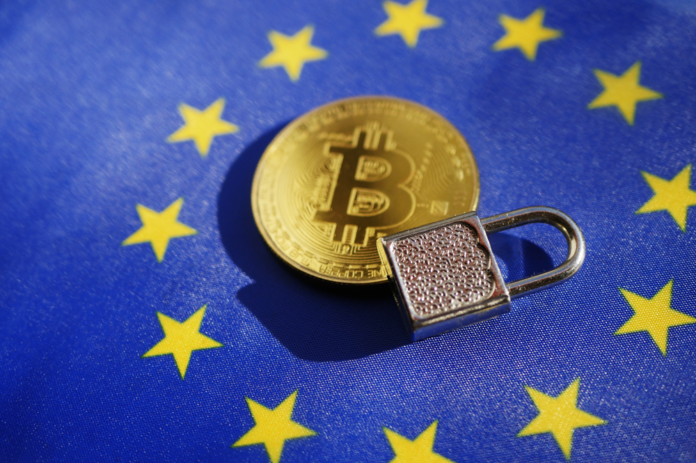Through the European Banking Authority (EBA), the European Union is toughening its stance in its fight against money laundering activities and the fight against terrorism, with European-based companies. This regulation has been implemented as of December 30, 2023. It is intended to give crypto-asset service providers a hand in making assessments to decrease the risks linked to both customers and delivery channels and their locations.
The changes to the guidelines contain details about how crypto companies are obliged to adjust their measures to prevent and establish an anti-money laundering program, highlighting the possibility of using blockchain technology tools to analyze data.
The EBA specifies that these updates are a considerable step ahead in the fight against financial crime on the part of the European Union and are aimed at reducing money laundering and terrorist financing by cryptocurrencies.
Updates explain the risks brought by cryptocurrencies.
The updates and applications of the guidelines also include reports on the specific risks posed by cryptocurrencies and seeks to provide guidance to financial companies that own or provide services in this particular sector.
Additionally, the guidelines provide advice on assessing risks associated with financial crimes. This includes a focus on features that enhance anonymity, such as the use of cold wallets, decentralized technology platforms, and products facilitating transfers between companies and their users.
It seeks to continue the regulation of transfers related to cryptocurrencies.
With this measure continues the completion 2023 of the European Union’s Transfer of Funds Regulation (ToFR), which seeks to regulate cryptocurrency transfers. The comprehensive and far-reaching markets in Crypto-Assets (MiCA) regulation, also came into force in December last year, providing complete protection to investors.
It should be noted that EU member states can request a transitional period of almost 18 months to operate without a license during that time.



